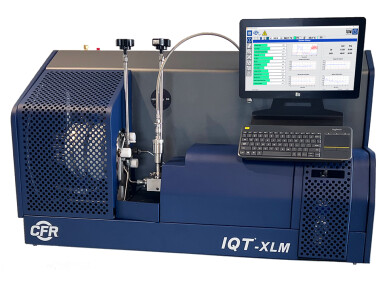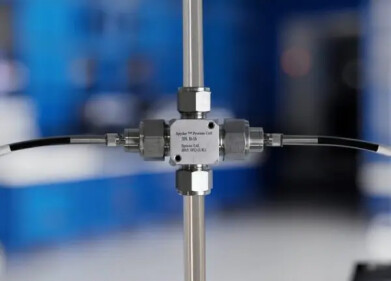Analytical Instrumentation
Why Are Diesel Drivers Paying More to Park?
Feb 06 2017
Notoriously dirty, diesel has faced its fair share of controversy over the past few years. Now, London’s diesel drivers are outraged at a new crackdown from the Westminster City Council that will see a parking surcharge imposed on "polluting" diesel cars.
Under the new pilot scheme, diesel drivers will face extra charges to park in central London. Tickets could spike by 50%, in addition to Westminster’s standard £4.90-an-hour rate. Ultimately, it’s designed to deter diesel drivers from the city centre, and combat London’s burgeoning air pollution problem.
“Additional charges for diesel vehicles will mean people think twice about using highly polluting cars and invest in cleaner transport that will make a real difference in the quality of air we breathe,” asserts Westminster Cabinet member David Harvey.
Environmentalists have hailed the new policy as a major step forward, and are predicting that it will "spread like wildfire" to the rest of the UK.
Scheme blasted as a revenue raising trick
Of course, the scheme isn’t without its critics. Not only is it deeply unpopular with diesel motorists, but it’s also expected to be hugely lucrative for the Westminster City Council. For this reason, some are labelling it little more than a revenue raising trick. Experts are also warning that if successful, other city councils could soon adopt the money-spinning policy.
"Like any new tax regime which makes money for local councils this scheme is likely to spread like wildfire," comments Edmund King, president at the AA.
Diesel drivers left in the lurch
King was also quick to admit that the scheme will “hit many drivers who bought diesel cars in good faith, with many of them encouraged to buy diesel cars by previous Government incentives which promoted them.”
He goes on to maintain that if the government is going to support such a ban, it should back it up by vetoing the pollution-heavy diesel trucks, busses and taxis that clog up London’s roads.
Tamzen Isacsson, a spokeswoman at the Society of Motor Manufacturers and Traders also stepped up to defend diesel vehicles, insisting that “The latest diesel cars are the cleanest in history.” She highlights the NOx emission reducing exhaust treatments, as well as high tech filters that are able to capture 99% of soot particles.
In the same way that British motorists are forced to comply with emissions regulations, so too are Formula One race cars. ‘Characterizing Fuel by Gas Chromatography: Making Sure that INDYCAR Race Teams are Playing by the Rules’ introduces readers to the ins and outs of race testing logistics, as well as the suspicious results that can sometimes arise.
Digital Edition
PIN 25.5 Oct/Nov 2024
November 2024
Analytical Instrumentation - Picturing Viscosity – How Can a Viscometer or a Rheometer Benefit You? - Sustainable Grease Formulations: Evaluating Key Performance Parameters and Testing Method...
View all digital editions
Events
Dec 03 2024 Dusseldorf, Germany
Dec 08 2024 Anaheim, CA, USA
Turkey & Black Sea Oil and Gas
Dec 11 2024 Istanbul, Turkey
Dec 19 2024 Aurangabad, India
Jan 20 2025 San Diego, CA, USA



















